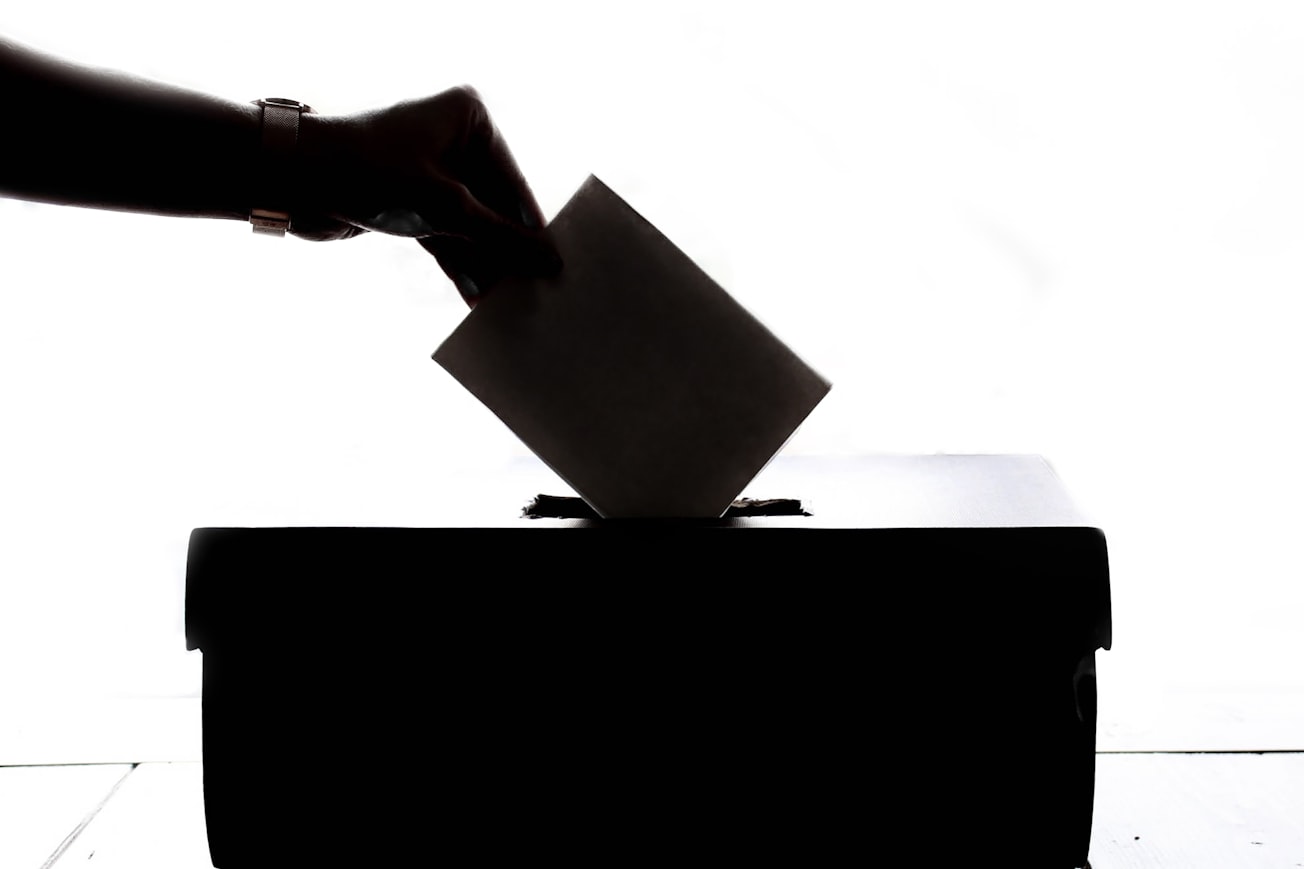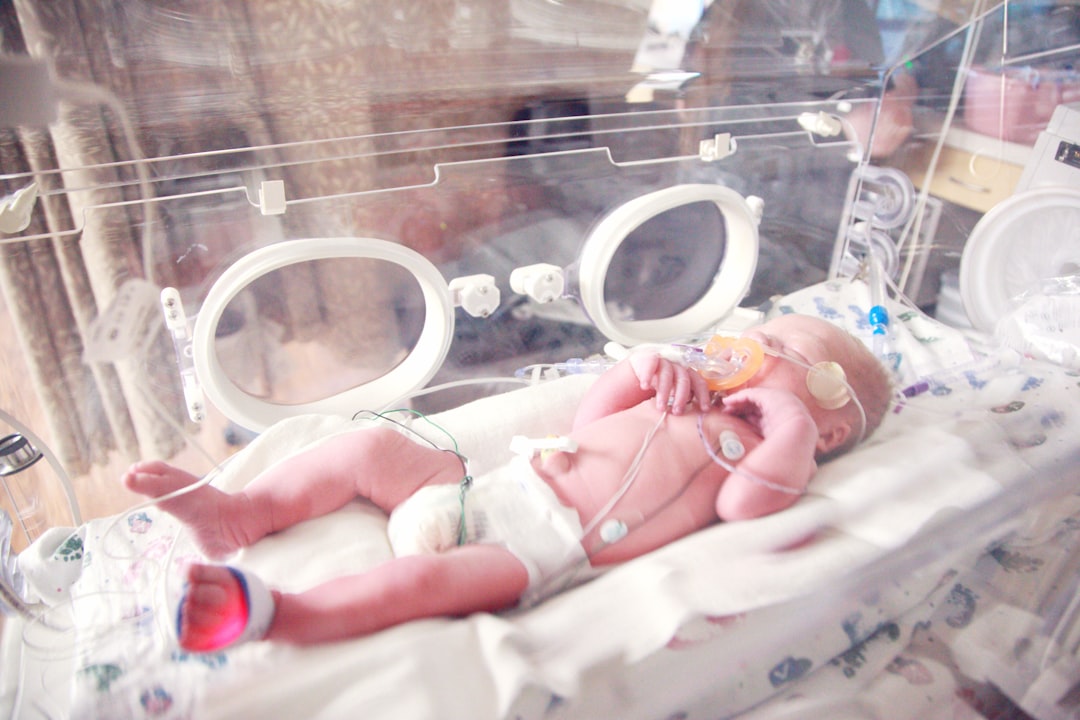What is it about?
Many worry that elections drive a wedge through societies. Politicians often "play the ethnic card," demonizing outgroups, while losing sides feel marginalized and bitter after results are announced. I test these claims by seeing whether people express more intolerant attitudes toward people of a different religious faith in the months just before and just after national elections (compared to other times). I compile and standarize more than 1,000 surveys of nearly 1.3 million survey respondents from 150 countries between the years 1982 and 2022. Ultimately, I find no evidence of "election cycles" in religious intolerance. Nor does general social trust change when elections are nearer.
Featured Image

Photo by Element5 Digital on Unsplash
Why is it important?
The findings run counter to both journalistic accounts of fraught, divisive elections in various countries and an extensive literature on ethnic politics. The scope of the data and the robustness of the null relationship between election timing and religious intolerance imply good news for democracy. It may not be as dangerous for social cohesion as previously believed.
Perspectives
Writing this paper involved the help of an exceptional team of research assistants. Above all, I build on the work of thousands of individuals who have labored over decades to collect the attitudes and values surveys at the heart of the paper. The results were not what I expected to find when I started out on the study. I hope they provoke thought and debate.
Gareth Nellis
University of California San Diego
Read the Original
This page is a summary of: Election cycles and global religious intolerance, Proceedings of the National Academy of Sciences, December 2022, Proceedings of the National Academy of Sciences,
DOI: 10.1073/pnas.2213198120.
You can read the full text:
Resources
Contributors
The following have contributed to this page










